6. Three Colours: Blue (Kieslowski, 1993)
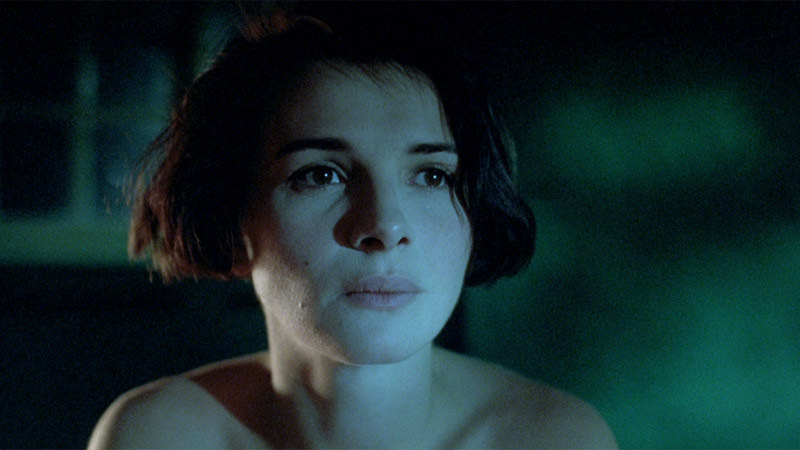
Film number one in the Kieslowski’s Three Colours trilogy, what marks Three Colours: Blue as unique is the way one cannot tell how the film will end based on how it starts. Aided by a remarkable Juliette Binoche performance, it has a truly spontaneous vibe that reflects the random processes of life. She plays the wife of a famous composer, who upon his and their daughter’s death, must completely reevaluate her life.
It doesn’t make for easy viewing, at times either harrowing or emotionally confusing — seeming as she tries to delete all traces of the past and move to a small flat in Paris — yet she remains identifiable because it feels like the only thing that she can do.
Yet these aren’t the only surprises, an second unknown women from the past coming into her life to challenge what she truly knows. The struggle that they engage in together then points towards an enigmatic ending which shows what can be achieved when one refuses to give into their supposed fate.
Featuring a musical motif from a symphony in the film which is a call to European unity, Three Colours: Blue — the blue of which symbolises liberty — came at a time in European politics when people believed that, post-Maastricht Treaty, democracy and equality was coming and was on its way to stay. The film was complex enough to understand it wasn’t going to be an easy union, but through a steadfast commitment to what is important, the world can still become a better, more united and caring place.
7. Under The Tuscan Sun (Audrey Wells, 2003)
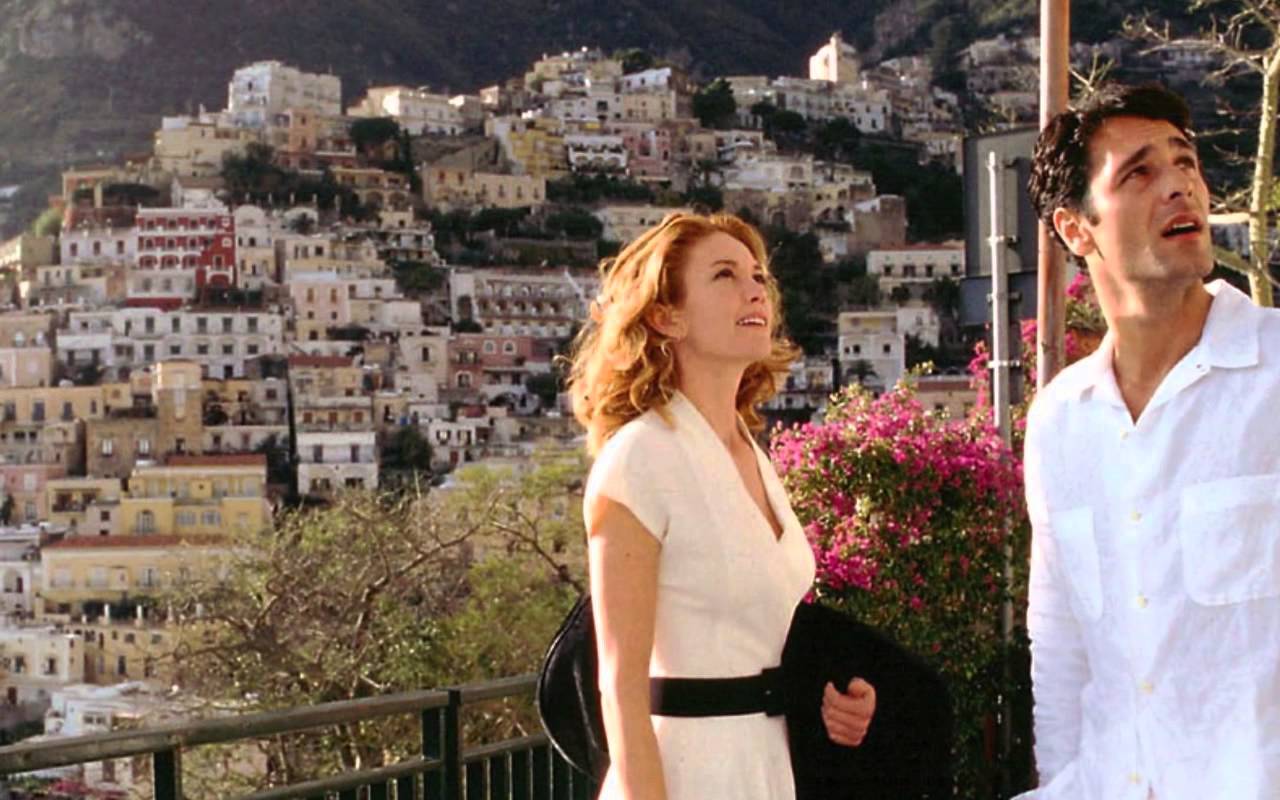
As well as being gorgeous to look at, and inspiring no number of inspirational holiday breaks, Under The Tuscan Sun is actually a heartwarming depiction of what it means to move to a new place and start a new life. Despite the trailer and its cliché poster, suggesting something rather retrograde and vapid, it is not so much a romance as a journey of self-fulfilment, seeing how immersing oneself into different surroundings can change the very fabric of your life.
Refusing to let her separation from her husband define her, Frances Mayes (Diane Lane) decides to take a holiday in sun-swept Italy. As is wont to happen, she stumbles across a house for sale and buys it on an impulse, beginning a reappraisal of her life that argues that divorce is in fact not the end but perhaps a new beginning, a fact that could be transplanted onto any seemingly tragic situation.
It is in the little touches that this film finds its true warmth. Take for example the Polish immigrants who build her home. It is evident that they are there illegally — this is before Poland’s entry into the EU — yet they aren’t seen as job stealers or criminals, simply hard-working men who are, for the most part, accepted into the milieu of north Italian society.
Given the rise of xenophobia that has come into vogue in the past couple of years, Under The Tuscan Sun’s unforced message of acceptance and community values has become more important than ever.
8. It’s A Wonderful Life (Frank Capra, 1946)
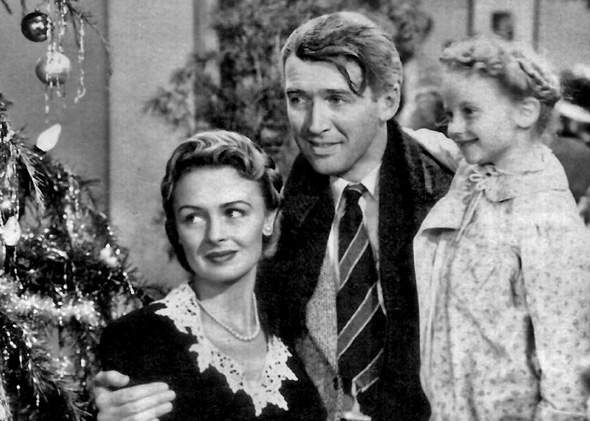
A Christmas Classic for a very good reason, It’s A Wonderful Life is not only guaranteed to lift your heart, but also to show the virtues of community spirit over self-centredness. It tells the story of George Bailey (James Stewart), a man who in giving so much to others teeters on the edge of bankruptcy, thus believing the only way out is suicide.
Thankfully for him, an angel comes down from heaven to show him what would have happened if he had never been born. The result is one of the most blatantly optimistic films of all time which only the hardest of hearts could not feel inspired by.
The ending is one for the ages, George realising with absolute glee that it is more important to live and live well than to die, before coming home to his loving family and friends who have all chipped in to help him. It may come across as a little maudlin now, but its execution of that theme is simply one to beat. It really does just work.
More than anything It’s A Wonderful Life proves that we all matter, and we are all part of a global community that relies on every one of us to succeed. In terms of making one feel better about the future of the world, it shows that kindness and fairness will eventually win out against self-centredness because love is stronger than hate.
9. Groundhog Day (Harold Ramis, 1993)
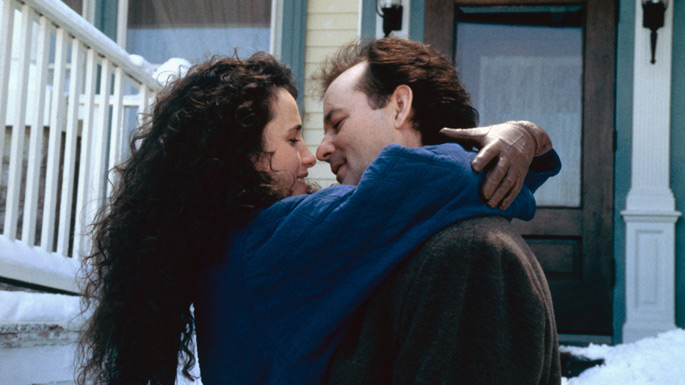
Groundhog Day’s success can be seen how, even for those who haven’t seen the film, “Groundhog Day” is a universally recognisable term for a life of boring routine. Depicting the story of a man who finds himself repeating the same day over and over again for eternity, Groundhog Day slyly uses its zany concept in order to interrogate what it means to be a human being.
It is so gently told that its metaphysical message can feel buried under the plot, yet it simmers nonetheless, showing how even the most sardonic and emotionally distanced of men can change their very manner in order to become better people.
With the exception of Lost In Translation, this is Bill Murray’s best performance. His acting can at times seem effortless, fully inhabiting his sad sack comic characters as they rethink their questionable choices in life.
In the process Groundhog Day shows that even if you live a life of routine, which can happen when nearly every choice can be dictated by the constraints of work, there is still an opportunity to change and make a difference. What makes it such a successful film is that it really suggests that the capacity to change is inherent within all of us.
10. Jerry Maguire (Cameron Crowe, 1996)
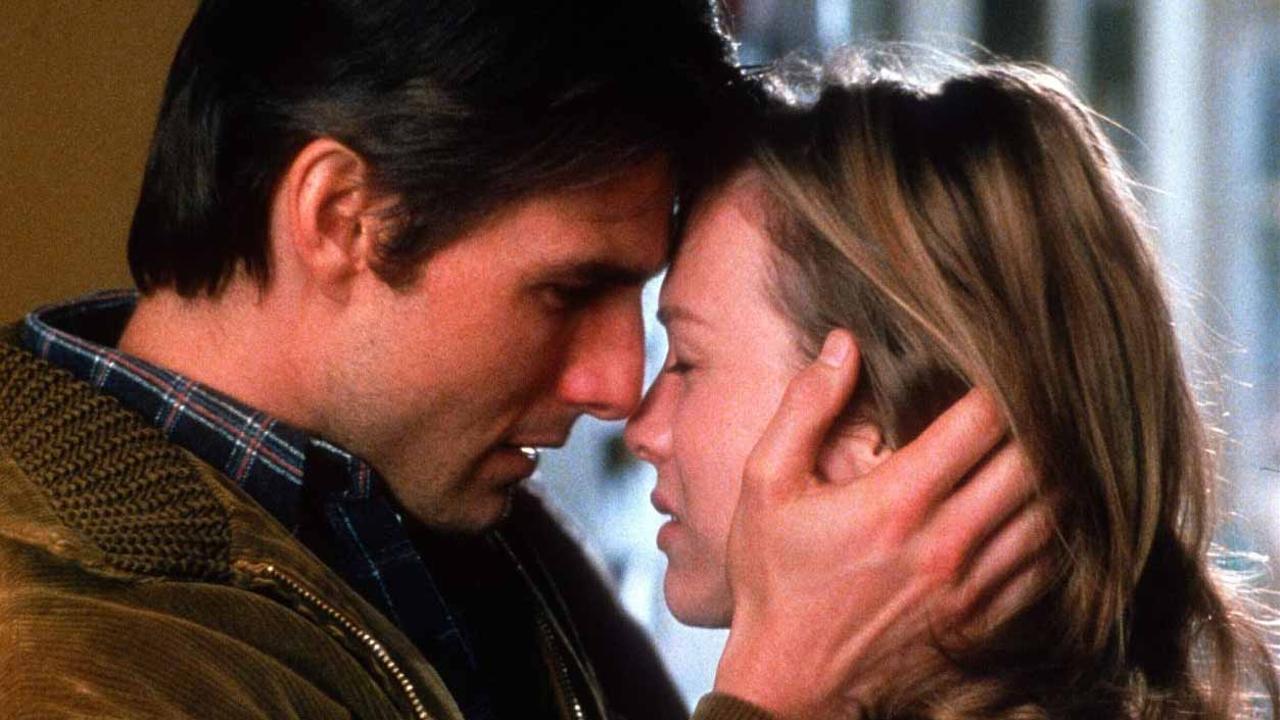
Do you ever question where your life is going? Have you made the right choices, and are you the best version of yourself you could possibly be? If you feel that maybe you could change it all and start again, perhaps Jerry Maguire is the film to help you start.
Featuring the inimitably intense Tom Cruise, and directed by the warm and always understanding, if a little goofy Cameron Crowe, Jerry Maguire is one of those sports movies that uses its subject as an allegory for the choices we make, and if we are doing our best to raise up those around us.
The titular character, who is in a soulless business that makes money out of buying and selling other people’s talent without considering the feelings of those involved, decides to make a change, releasing a company wide mission statement of how they should conduct business instead. His concept: “Fewer clients. Less money. More attention.” He gets fired, setting him off on a journey that both reduces his arrogance and helps him find love along the way.
Additionally, by introducing a never-bettered Renée Zellweger as the co-worker turned love interest, Jerry Maguire reveals itself to be a film not only of great philosophical import, but also a damn fine romantic comedy. After all, there are few if any better romantic lines as “You complete me” or “You had me at Hello”.
In the hands of a lesser director, this may have come across as sentimental, but under the guidance of Cameron Crowe it simply feels earned and heartfelt unlike few other American films. It shows that in order to find out what the heart wants, and to make the world a better place, sometimes its necessary to completely change the direction of your life.
Author Bio: Redmond Bacon is a professional film writer and amateur musician from London. Currently based in Berlin (Brexit), most of his waking hours are spent around either watching, discussing, or thinking about movies. Sometimes he reads a book.